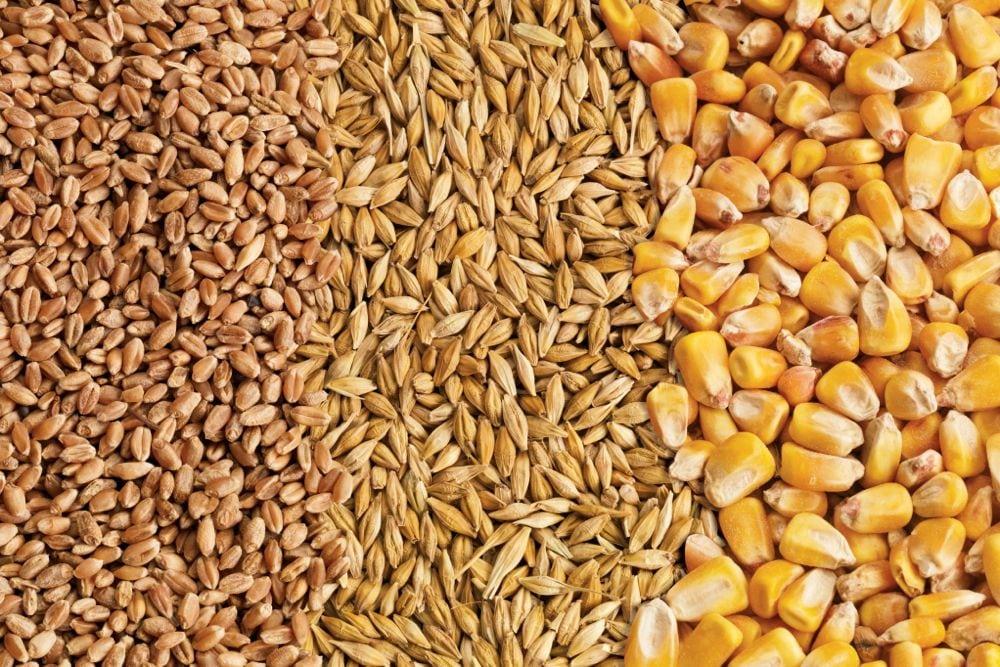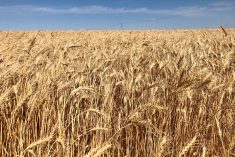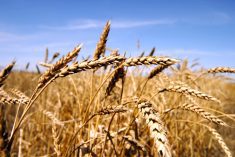Brussels | Reuters — A majority of EU countries voted on Monday against allowing two new genetically modified crops to be grown in Europe, batting the contentious decision on GM cultivation in Europe back to the EU executive.
EU governments were asked to vote on the future of two grades of GM maize, Pioneer’s 1507 and Syngenta’s Bt11, which kill insects by producing their own pesticide and are also resistant to a particular herbicide.
However, the votes against were not decisive in blocking their introduction because the opposition did not represent a “qualified majority” — also including countries that make up at least 65 per cent of the EU population.
Read Also

Feed Grains Weekly: Domestic prices remain flat
Although there has been some upward movement in feed grain prices, particularly in Alberta, it’s not domestic demand that’s pushing them higher, said Jim Beusekom, president of Market Place Commodities in Lethbridge on Feb. 19.
The governments were also asked to determine whether to extend authorization for Monsanto’s MON810, an insect-resistant maize that is grown mainly in Spain, but banned in a number of other counties.
More countries voted against than in favour, but again the vote was not considered decisive.
The European Commission said the outcome counted as a “no opinion,” meaning it would have to step in to take the decisions for GMs that had received favourable opinions from the European Food Safety Authority.
It added that 17 EU countries had used an opt-out clause, with a further two for part of their territories.
“In practice this means that the three GMOs, if and once authorized at EU level, will not in any case be cultivated on the territories benefiting from the opt out,” Commission spokesman Enrico Brivio said.
Mute Schimpf, food campaigner for Friends of the Earth Europe, said the decision now rested with European Commission president Jean-Claude Juncker.
“He can put himself on the side of the majority of countries, citizens and farmers who do not want genetically modified crops, or he can back the mega-corporations behind the industrialization of our countryside,” she said.
At the end of last year, 55 GM crops were approved for import as feed and food into Europe. While approved for human consumption, in practice the crops are used as animal feed.
Repeated EU scientific assessments have concluded that GMO crops are as safe for humans and the environment as their conventional counterparts, but consumer opposition to the technology in Europe remains strong.
MON810 is the only GM crop grown in Europe. A potato developed by BASF was granted approval in 2010, but the German company withdrew it in 2012.
— Reporting for Reuters by Philip Blenkinsop in Brussels.


















